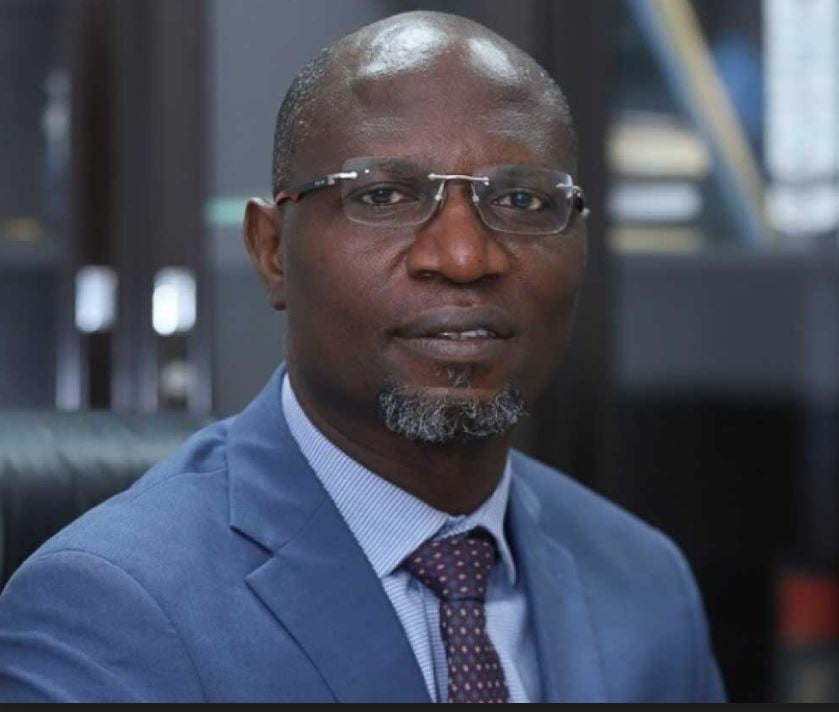Nigeria’s cryptocurrency transactions hit $50 billion between July 2023 and June 2024, the Securities and Exchange Commission (SEC) has revealed — underscoring a dramatic rise in digital asset activity amid weak participation in the traditional capital market.
SEC director-general Emomotimi Agama, who disclosed this in a statement on Sunday, said fewer than 4 per cent of Nigerian adults currently invest in conventional markets.
“The cryptocurrency exchange underscores the sophistication and risk tolerance of investors that the traditional market has yet to capture,” he said while presenting a lead paper titled “Evaluating the Nigerian Capital Market Master Plan 2015–2025” at the Chartered Institute of Stockbrokers’ annual conference.
Agama decried the low participation rate in the capital market, noting that while fewer than three million Nigerians invest in securities, more than 60 million engage daily in gambling, spending $5.5 million every day.
“This reveals a paradox,” he said. “An appetite for risk clearly exists, but not the trust or access to channel that energy into productive investment.”
He described the country’s market capitalisation-to-GDP ratio of 30 percent as weak compared to South Africa’s 320 percent, Malaysia’s 123 per cent, and India’s 92 per cent, warning that this gap highlights the urgent need to rebuild confidence and inclusion.
Reflecting on the Capital Market Master Plan (CMMP) launched in 2015, Agama said less than half of its 108 initiatives had been fully implemented, citing “limited alignment, inadequate metrics, and weak stakeholder ownership.”
While progress has been made in areas like Green Bonds and fintech integration, he said market liquidity remains concentrated in a few large-cap stocks — MTN, Airtel Africa, and Dangote Cement.
Agama listed persistent challenges including low retail participation, falling foreign inflows, underutilised pension assets, untapped diaspora capital, and a $150 billion infrastructure financing gap, with only N1.5 trillion approved under PPP bonds.
He called for a reimagined SEC that balances regulation with private-sector facilitation, anchored on trust, transparency, and inclusion.
“Vision without execution is inertia,” Agama said. “We must align financial innovation with national priorities.”





